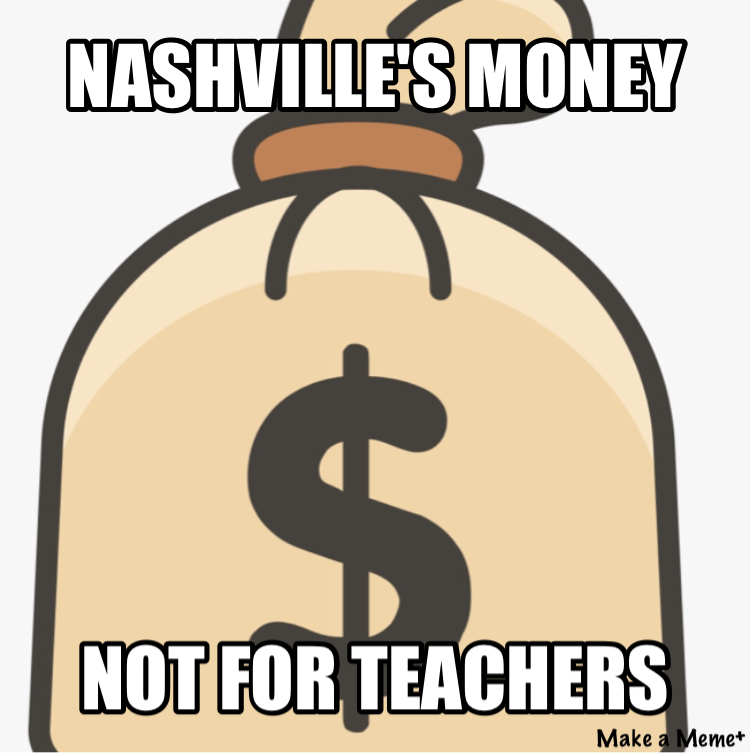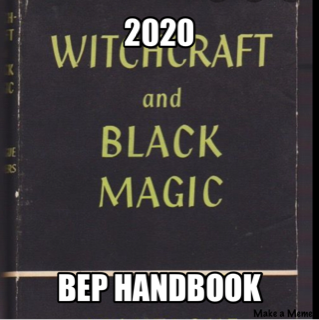While Governor Bill Lee’s administration distributes money to charter schools by way of a capital slush fund, schools in Shelby County and across the state are struggling to maintain infrastructure. More on the current challenges in Shelby County from Chalkbeat:
This week, when temperatures in Memphis dipped to an unseasonably chilly 20 degrees, his first two classes had no heat. The problem was partially caused by a gas leak that led to an early dismissal Tuesday, but Scott said cold classrooms are common. Walking into a classroom with no heat, “I could feel this fresh coldness like a window had been opened.”
Building conditions impact student outcomes
Studies have shown that conditions such as cold classrooms can affect student learning. One study found that poor building conditions can lead to higher rates of frequent student absences. Another found that students in deteriorating buildings score 5 to 17 points lower on standardized tests than students in newer facilities. Several studies, including two in Tennessee, show that students learn more when they are in newer facilities.
The report on infrastructure challenges in Shelby County comes on the heels of another report about lead in water at schools across Tennessee.
It’s absolutely clear that the State of Tennessee needs to make significant investments in our schools. It’s also clear that legislative leaders and Governor Lee have shown zero interest in making that happen. Instead, the Plaid Privatizer seems content to push an agenda of disruption while promoting charter schools and voucher schemes.

For more on education politics and policy in Tennessee, follow @TNEdReport
Your support — $5 or more today — makes publishing education news possible.









